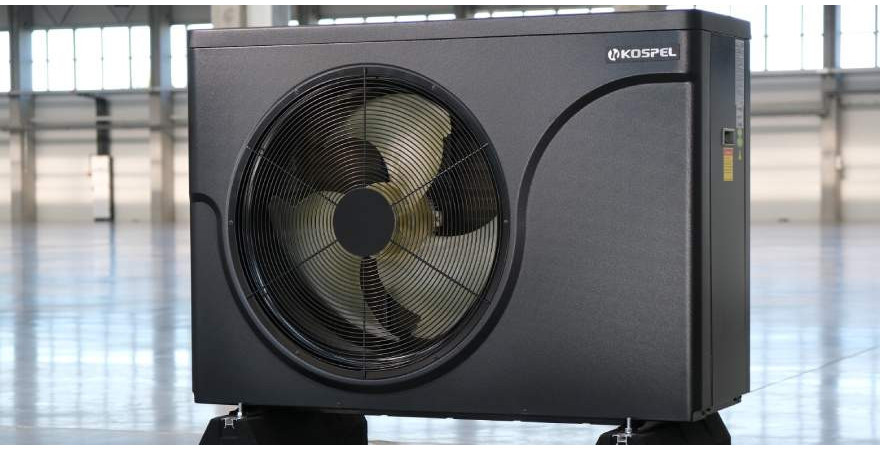
Check what to look for when buying a heat pump
Don't know what to consider when choosing a heat pump? Don't worry, not everyone has to be an expert on Renewable Energy Sources.
We are such experts, so we can tell you everything you need to know at the very beginning of your adventure with a heat pump.
There are many types of heat pumps. They differ in power, efficiency, generated noise, and the energy reception method. If you're wondering which one to choose, we have to tell you a secret – the decision must be preceded by a proper analysis. Random selection definitely won't work here. Why is it so important? Because it determines the cost of your investment as well as the efficiency of pump operation. No one likes throwing money down the drain.
Lower source of heat – the foundation of investment
There are three main types of heat pumps. The division depends on the place from which they absorb thermal energy. If you care about the highest efficiency and you have loads of money, the best choice will be a ground source heat pump. Why? The thermal energy from the ground is transferred to the heat pump in the house. The heat then goes to your radiators through the heating system. Let's bear in mind that not every place is suitable for a ground source heat pump. You need a plot of land with specific geological conditions. Willingness alone is not enough.
Let’s move to the second type of heat pump. Do you remember the Tales of Moss and Fern? The protagonist certainly used a water heat pump, as his pond was always warm. Unfortunately, this is the least popular type of lower heat source. This is for a very simple reason – most of us do not have access to their own pond, lake, or river. A water source heat pump can also utilize groundwater. The disadvantage of this solution is the quick contamination of the heat pump exchanger. Effect? Additional costs.
The third and most common type of pump are air source heat pump. Their installation is the least invasive, with the best availability of heat source in the form of air. This is the most economical of the three solutions. It has the lowest costs for both the installation and use.
Heat pump power
Imagine that Ronaldo plays as the striker in a school football game. Too strong a player for this league? The same applies to a heat pump with too much power. This means the pump must be carefully selected not only to match the house area but also to its insulation. If the pump power is matched correctly to the building, it provides effective heating for both the building and the domestic water in the DHW heat exchanger.
Every heat pump loses its power at low outdoor temperatures. A well-matched pump will allow you to set the lowest possible point at which its operation will be supported by additional internal heating. Appropriate power means the optimal temperature inside the house as well as reduced cost of such heating.
Let’s explain the meaning of COP
Many heat pump manufacturers provide the COP of a given device. If you are new to RES, your first association will probably be Robo-Cop. Unfortunately, these two aspects have nothing in common.
Cop is the pump’s coefficient of performance. For example, if the heat pump has a COP of 4, it transmits 1 kWh of electricity as 4 kWh of thermal energy. In other words, the higher the COP, the more efficient the heat pump is. The climate zone in which the COP analysis was performed is also of importance. Why? Because a COP analysis done in the south of Spain will considerably differ from the one carried out in the Nordic countries. This example is exaggerated on purpose.
Service centers and system components provided by the manufacturer
Like any other device, a heat pump needs regular maintenance inspections.
They ensure that the device operation is as effective and economical as possible. We have a wide network of service centers throughout Poland, so regular heat pump maintenance is not your concern!
The five-year Kospel Safe warranty is also an important piece of the entire ecological puzzle. This means you don't have to worry about any heat pump failure. Do you want all your RES-based equipment to run like clockwork? Rely on the compatibility between individual devices, as they come from the same manufacturer.
- Heat Pump with HPMD 3in1 Internal Unit: Heating Efficiency in a New Light
- Innovation and Efficiency: KOSPEL Heat Pump 3in1 Internal Unit
- Select a configured heat pump-based heating system
- How to choose a heat pump. We show some selection mistakes.
- The importance of a buffer tank in a heat pump system
 English
English 







